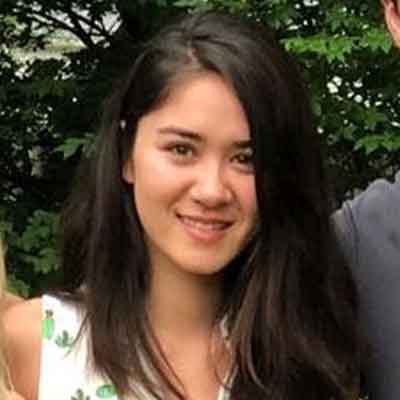Mike Pokrass

Multicellular organisms rely on the coordinated function of cells and tissues to support homeostasis. This cooperation begins very early in mammalian development, when embryos consist of single-digit cell numbers and functionally specialized groups of cells are formed by the time the embryo is a few hundred cells. Noise in gene expression generates early cellular heterogeneity[...]
Read More





